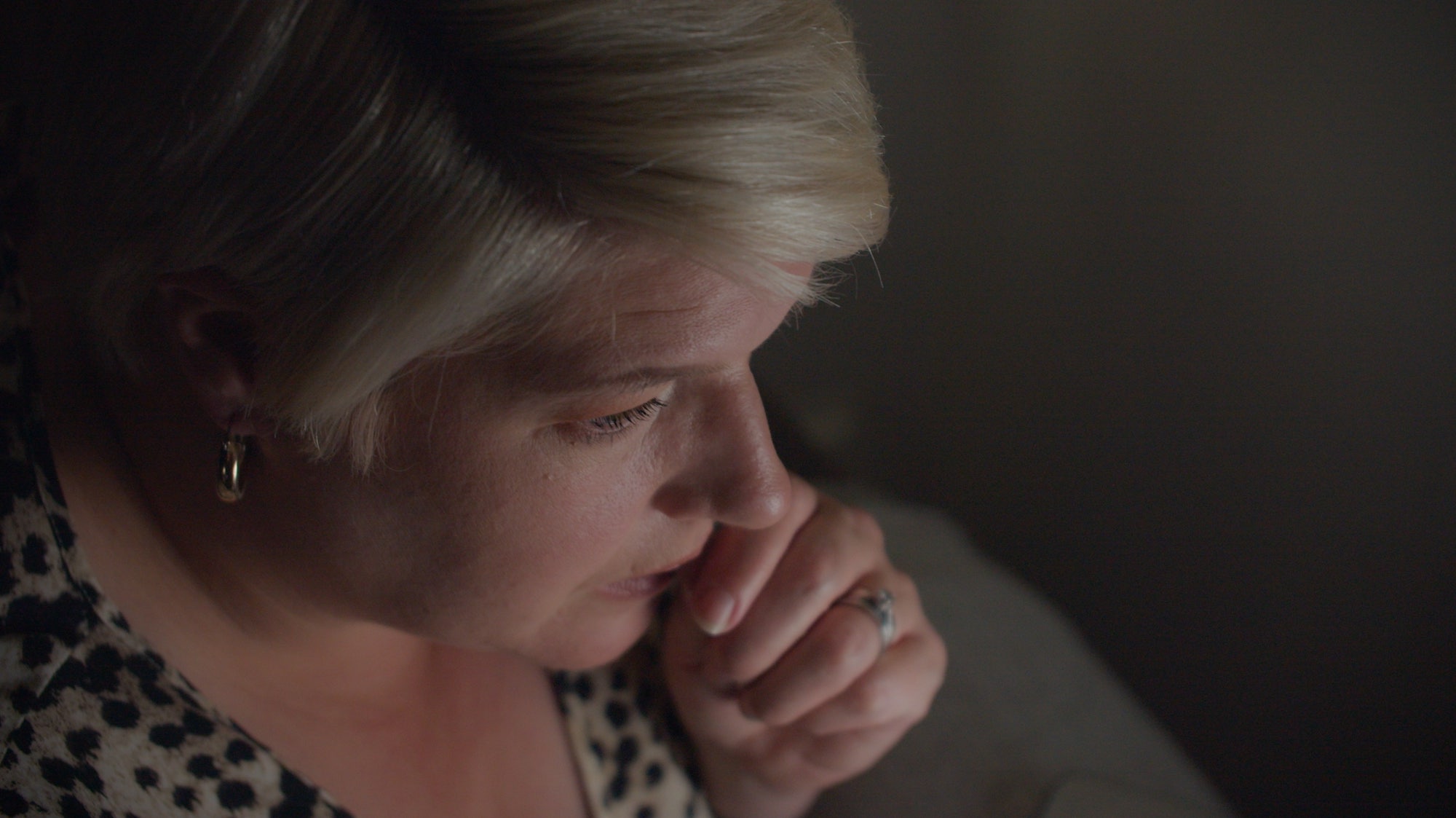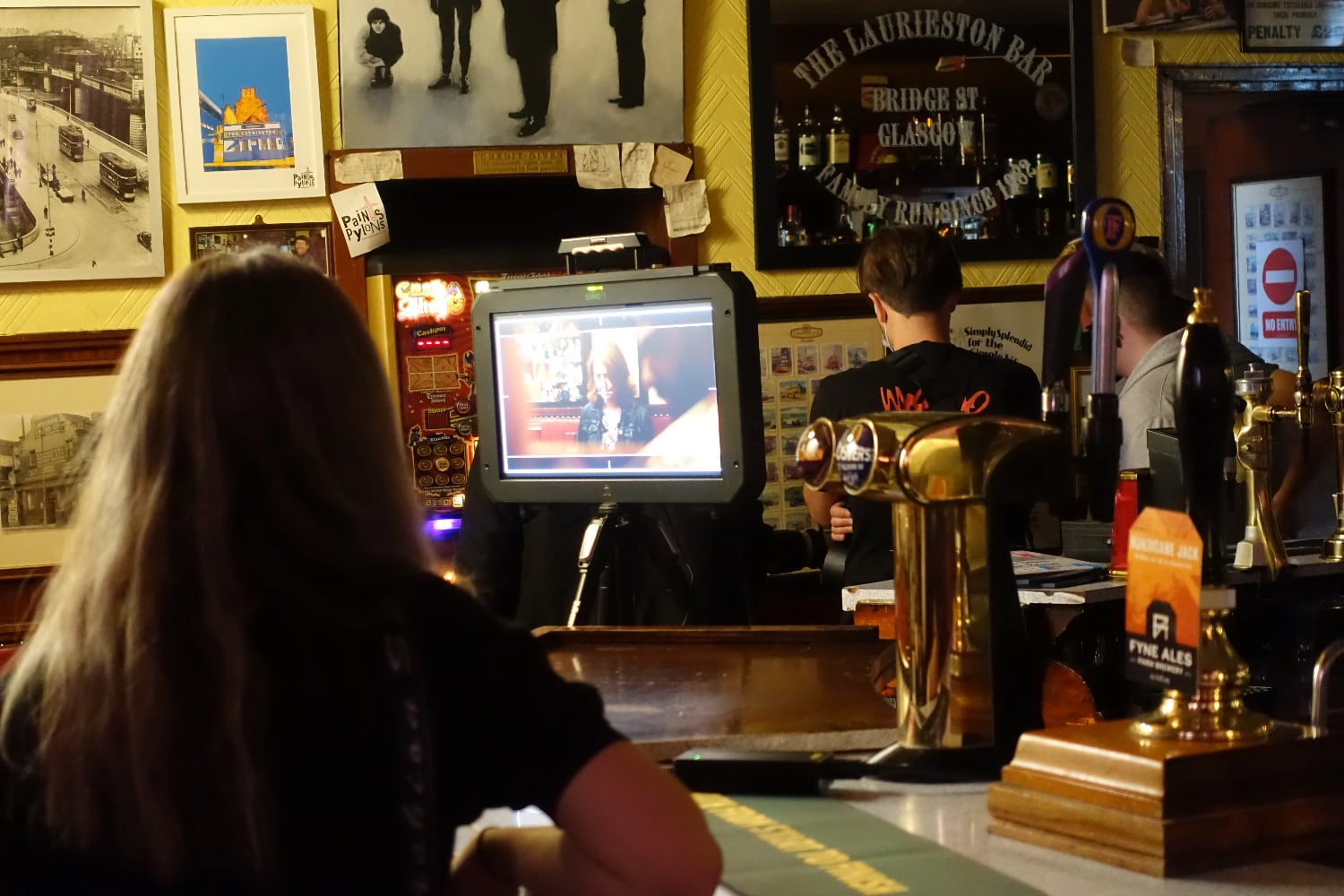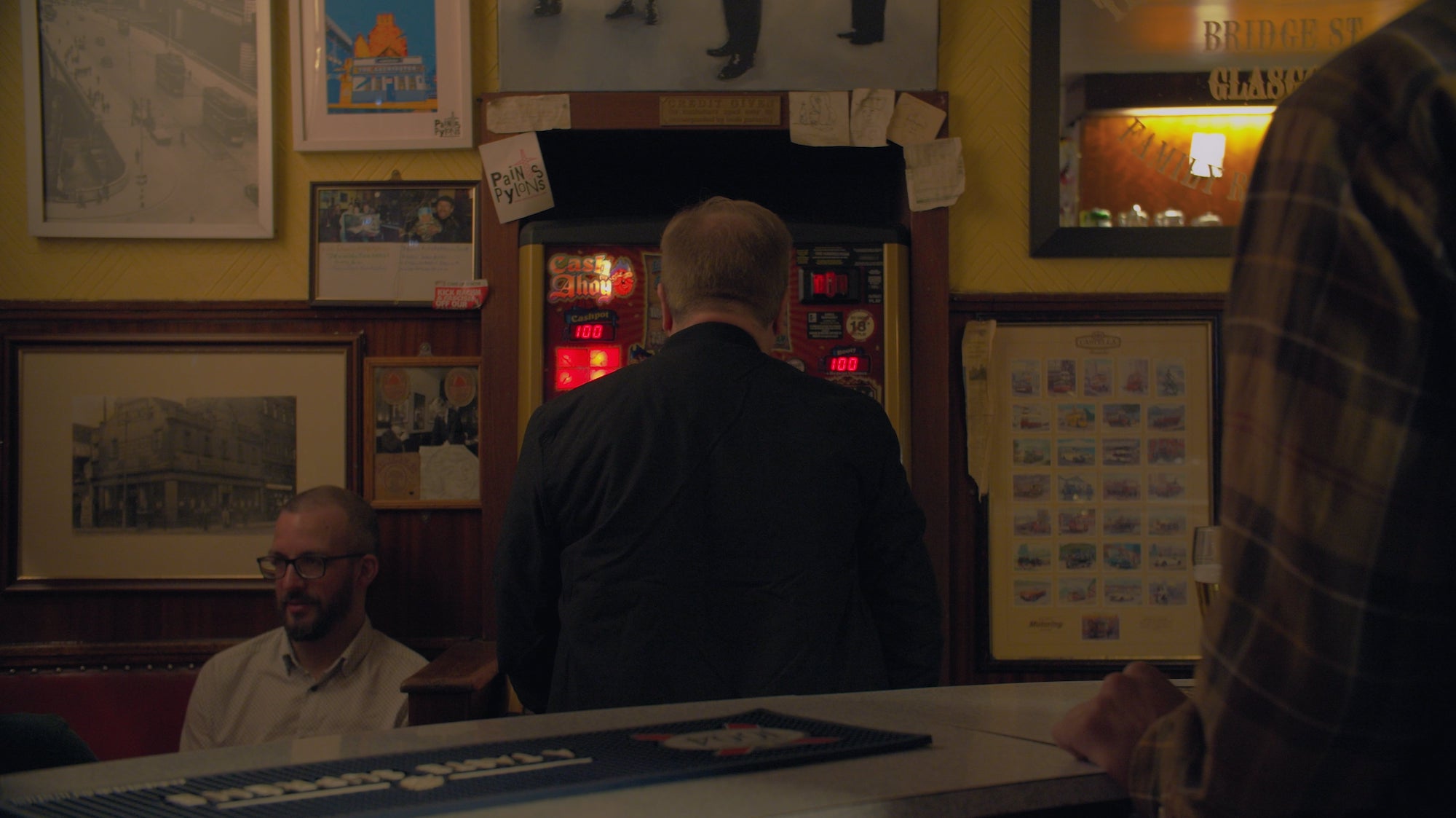
I’ve always been partial to a few bets on the horses or the football or even the Oscars, but I rarely feel like I’m losing control. Still, it’s very easy to see how someone could fall into gambling addiction, considering how relentless the industry is when it comes to wall-to-wall advertisements and endless online promotions. In One Last Spin, Director Ross Donald uses the documentary form, combining direct testimony with careful reconstruction, to clinically examine the devastating effects of the industry, spanning from a few mobile wagers or spins on the slots into full-blown tragedy. The result is a disturbing depiction of a nation that is in denial about the true face of gambling addiction, a disease that has left families shattered with its unrelenting ability to destroy everything in its wake. Exceptionally candid, this is a film created to directly advocate for more government initiatives to curb the worst excesses of the industry. We talked to the Glasgow based filmmaker about getting in touch with the doc’s main subject, the type of technology used to film his participants and coordinating the b-roll footage.
How did the film get started?
I was approached by one of the contributors to the film, Martin Parson. He just emailed my company’s website out of the blue and had this unique story of being a recovering gambling addict. He’s quite heavy in the campaign circuit in the UK. He’s been to Westminster and Holyrood and been on TV. He wanted to make something for himself and to get the word out there visually because campaigning goes a long way but he wanted something that could tell his story.
We had a couple of meetings and through those meetings, I understood that there was so much to his story just from the things he did while he was gambling. There was talk about making a short film or a series of short films and stuff, but we settled on the documentary form. Through those meetings and discussions we had, we saw it wasn’t just a problem he had, but so many other people in this country have. Through his campaigning he got to know so many other people that have been in similar circumstances. So we decided to bring in people that had a similar experience and brought in others that would back up their stories from the more scientific and political side of things.

The problem in the UK is huge but a lot of people don’t really think about it. Were you aware of the scale of the issue before you got started?
I think gambling in the UK is ubiquitous. I think people are aware of the extent of gambling as an industry because you can’t help but notice it. I’m not a gambler and I’ve never signed up to a website, but I know that gambling is everywhere because of the advertising and because certain celebrities are attached to football betting. However, I feel like there’s a severe lack of education in terms of the harm gambling causes. More people are coming out and telling stores, like ex-football players, so I think people are becoming more aware of it but there’s a lot more work to be done. And that’s where One Last Spin comes into the equation. I think with our film we can get the word out there to push people to understand that this is something that we should be looking at in the same way we look at drugs and alcohol.
I wanted them to look down the barrel of the lens, to look the audience in the eye when they were telling their stories.
As it is such an information-rich documentary, how did you think about telling the story visually, especially when combining together so many different perspectives?
The cinematic elements of the film came from early on in the discussion because I wanted the real people to tell their lived experiences with gambling. I felt like the interview form was the best way to get that point across because, as the audience member, you see that person in front of you. That’s why I wanted them to look down the barrel of the lens, to look the audience in the eye when they were telling their stories. Then I wanted them to go into the shoes of that real person and see what it would be like to experience those things. For example, showing Tony’s wife’s reaction to him ignoring her on their first date. I think it just adds an extra emotional element to the story.


What kind of technical set up did you have for the story?
We used a series of BlackMagic cameras. For the interviews especially, it was a fairly bare-bones operation. We had a sound engineer, myself directing it, a cinematographer and a camera assistant. Then we just had two locked off cameras on a set of primes and that was basically it. We worked with the light that was coming in from these spaces, especially with two out of the three spaces that had light coming from the side, then we used a few apertures to fill out the light and shape the scene that way.
And you have these reconstructions. How did you make sure that they would flow nicely into the film without overwhelming it?
All the b-roll footage was well thought-through. There was only one shot that we didn’t use. We got the structure down to about 25 minutes, then we went through a process of review. Then we tried to figure out how the b-roll footage would work exactly with the message of the interviews. We had a guide edit along with the interview edit to make sure that it would work, and we shot exactly what we needed. But we spent more time with our subjects than the actors of the dramatic scenes because we felt their story was strong enough on their own. The b-roll shots just act as an accompaniment to what they are saying.


What was the selection criteria for the film’s featured gambling experts? To what extent were those roles predetermined or a reaction to the contents of the personal experiences interviews?
We had a good idea of the direction we wanted to take when it came to including the gambling experts. We wanted to tackle specific aspects of gambling addiction, particularly addiction itself and how it affects a person both mentally, physically and in the community around them. We also felt it fitting to speak on what type of addiction services are available and what can be done from a legislative point of view. Martin Paterson has close ties to Gerda, William and Ronnie through campaigning so it felt like a natural fit to include them in the documentary. The decision was made easier due to each of the collaborators being experts in their field, with vast knowledge of the subject and years of experience.
All the b-roll footage was well thought-through. There was only one shot that we didn’t use.
Amanda Lehmann wrote and released a song specifically for the film. How did that come about and what was your collaboration process with Amanda for the track?
The executive producers have a relationship with Amanda. She happened to watch the film during the post-production phase and felt compelled to write and produce a song. The lyrics and overall tone of the song match precisely with the film and what we were trying to convey. I personally didn’t collaborate with Amanda so I can’t comment on the process or how it specifically came about, although I think she did a great job with the song.

As a clear advocacy film what are yours and Martin’s hopes for One Last Spin in regards to provoking audience and government reaction?
Our hope for the film is to reach as many people as possible. I know that sounds clichéd but we feel that with a film like this, the more people who see it, the more it will help. Our main objectives with One Last Spin is to change the general public’s perception of gambling addiction, to lift the stigma, and ultimately change laws within Britain to lessen the blow that gambling addiction causes. We might not achieve all of those goals but if we shift the needle slightly in that direction, we would have done our jobs.
What are you working on next?
Because One Last Spin was made during various lockdowns, it was two years in the making. Because it took so long I don’t really know what my next move is right now. But I come from the narrative, fiction-based world, so I would like to get back into that and make another short film. I’m doing a lot of writing at the moment and I’ve got a couple of ideas that I would like to move forward with but nothing concrete. I want to see how One Last Spin will play out but I’m not completely closing the door on documentaries. This was the first documentary that I made, so I’ve definitely got the buzz for it now. Perhaps if it was a subject matter that I could get behind and feel like we can make a change with, then I’d definitely take it on.
For support and information about gambling addiction please visit the following links:


